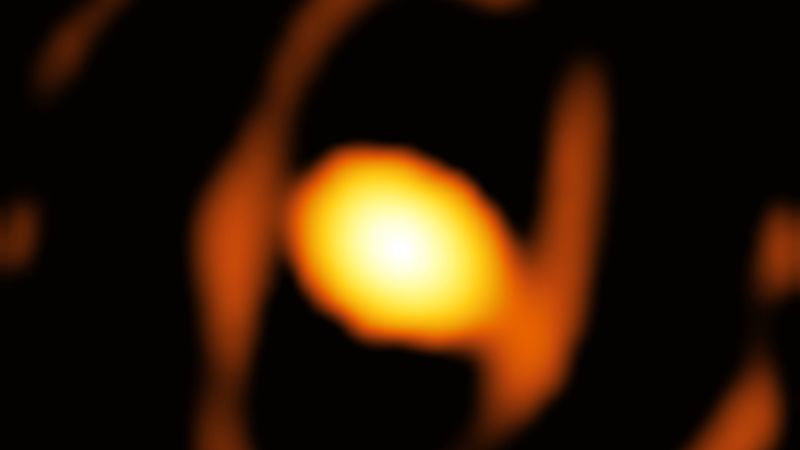
Fuel Consumption
Fuel consumption refers to the amount of fuel used by a spacecraft or rocket to achieve a certain mission objective. It is a critical factor in space and astronautical engineering as it directly affects the performance and capabilities of the spacecraft. Fuel consumption is influenced by various factors such as the type of propulsion system used, the weight of the spacecraft, the distance to be traveled, and the mission duration. Engineers and scientists work to optimize fuel consumption by designing efficient propulsion systems, reducing the weight of the spacecraft, and planning trajectories that minimize fuel usage. In addition to affecting the performance of the spacecraft, fuel consumption also has economic and environmental implications, as the cost of launching fuel into space is high and the emissions from rocket engines can contribute to air pollution and climate change.
Your Previous Searches
Random Picks
- Biological Contaminants: Biological contaminants refer to any living organisms or their byproducts that can cause harm or disease to humans or other living organisms in the context of space and astronautical engineering. These contaminants can include bacteria, vir ... Read More >>
- Micron Rating: Micron rating refers to the size of particles that a filter can effectively capture. In space and astronautical engineering, filters are used to remove contaminants from air, water, and other fluids. The micron rating of a filter is determi ... Read More >>
- Missile Defense System: Missile Defense System (MDS) is a system designed to detect, track, intercept, and destroy incoming ballistic missiles. The system uses various technologies such as radar, satellites, and interceptors to protect a country or region from mis ... Read More >>
Top News

First close-up image of a star beyond our galaxy may reveal impending supernova...
Astronomers have taken the first close-up image of a star beyond our galaxy, and it’s a “monster star” surrounded by a cocoon as it slowly dies....
News Source: CNN on 2024-11-21

Bestselling author explains the science of happiness: "You can do the work"...
Bestselling author and Harvard professor Arthur Brooks opens up about how enjoyment, satisfaction and meaning in life can increase a person's wellbeing....
News Source: CBS News on 2024-11-18

November's full moon, known as the Beaver Moon, is the last supermoon of 2024. H...
November's full moon, known as the Beaver Moon, is the last supermoon of 2024. Here's when it peaks and why it's called the Beaver Moon....
News Source: CBS News on 2024-11-15

You can't put a price on the sense of awe particle physics inspires...
Astronomy and particle physics are no longer seen as vital by the US establishment, so funding has fallen. But our work creates a sense of wonder, and wonder matters, says Chanda Prescod-Weinstein...
News Source: New Scientist on 2024-11-13

If you want to stretch your gift game into days this holiday, check out these ad...
The advent calendar phenomenon is growing every year, with so many exciting, fun, beautiful, and delicious options available...
News Source: ABC News on 2024-11-04